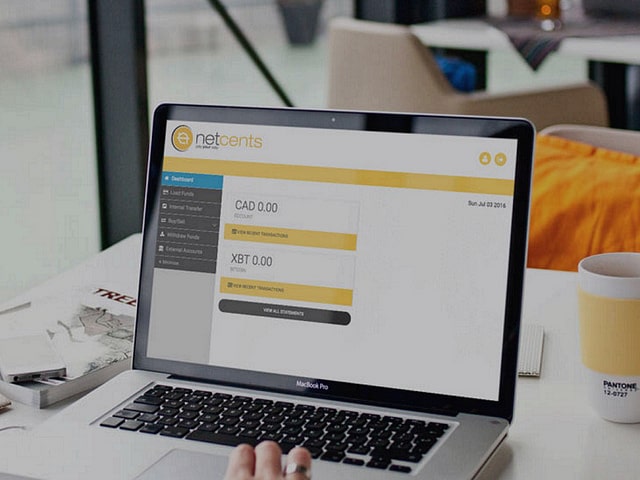
Community for Individuals with Disabilities
In the realm of inclusivity and empathy, the significance of support networks for individuals with disabilities cannot be overstated. These networks play a pivotal role in fostering a sense of belonging, understanding, and empowerment among those facing unique challenges. As we delve into the intricate web of support networks, we unravel the profound impact they have on the lives of individuals with disabilities.
Understanding Support Networks
Support networks encompass a diverse array of connections and resources that provide emotional, social, and practical assistance to individuals with disabilities. These networks go beyond immediate family and friends, extending to community organizations, advocacy groups, and online platforms. The collective strength of these connections forms a safety net that enhances the quality of life for people with disabilities.
Emotional Support
One of the fundamental pillars of support networks is emotional assistance. Dealing with a disability can be emotionally taxing, and having a network that understands and empathizes with these struggles is invaluable. Whether it’s through in-person interactions or virtual communities, emotional support fosters resilience and mental well-being.
Social Inclusion
Isolation is a common challenge faced by individuals with disabilities. Support networks break down these barriers by promoting social inclusion. Through community events, workshops, and inclusive activities, individuals with disabilities can actively participate in society, forging connections that transcend physical or cognitive differences.
Practical Assistance
Navigating the practical aspects of daily life can be challenging for individuals with disabilities. Support networks step in by providing practical assistance, ranging from accessibility initiatives to shared resources. This not only eases the burden on individuals but also creates an environment where everyone can thrive.
The Impact on Empowerment
Building a robust support network empowers individuals with disabilities to overcome obstacles and reach their full potential. Empowerment is a transformative process that instills confidence, independence, and a sense of agency. As individuals realize they are not alone in their journey, they become catalysts for positive change within their communities.
Advocacy and Awareness
Support networks often become advocates for change, pushing for policies that promote inclusivity and accessibility. By raising awareness about the challenges faced by individuals with disabilities, these networks contribute to a more inclusive society that recognizes and accommodates diverse needs.

Skill Development and Employment Opportunities
Empowerment extends to skill development and employment opportunities. Through mentorship programs and vocational training, support networks equip individuals with disabilities with the tools they need to excel in various fields. This not only enhances their economic independence but also challenges societal stereotypes.
Building an Inclusive Future
The role of support networks goes beyond immediate benefits; it lays the foundation for an inclusive future. As communities become more aware of the diverse strengths and contributions of individuals with disabilities, the societal mindset evolves. This transformation is crucial for creating a world where everyone, regardless of ability, can actively participate and contribute. Please visit their page to learn more about processes for building a community for individuals with disabilities.
Conclusion
In conclusion, the role of support networks in building a community for individuals with disabilities is indispensable. These networks provide the emotional, social, and practical support needed for individuals to navigate life’s challenges successfully. Moreover, they contribute to a more empowered and inclusive society that recognizes and values the uniqueness of every individual.










